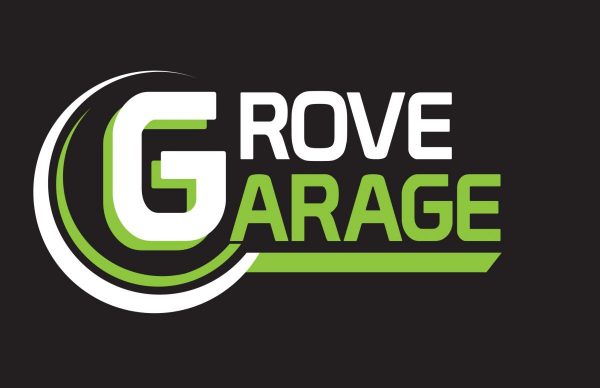General Vehicle Maintenance Tips
General Vehicle Maintenance Tips
Vehicle Maintenance
Taking care of your vehicle by carrying out the following regular checks and vehicle maintenance will ensure that it is less likely to let you down in the future.
Before any long journey
- Check tyre pressures and check for any signs of tyre damage.
- Check all fluid levels and top up as necessary.
Weekly
- Check your vehicles tyre pressures, not forgetting the spare.
- Check and top up the windscreen washer bottle and include a screen wash additive – water alone won’t clear oily road grime and freezes more readily in winter.
- Check for any blown bulbs. Don’t forget indicators, brake and fog lights.
- Clean your windscreen, windows and wipe all the lights to keep them at maximum efficiency.
Monthly
- Check the level of oil in the engine, and ensure it is between the maximum and minimum marks on the dipstick.
- Check for sufficient liquid in the cooling system. Top up as necessary, and include antifreeze in the mixture, in winter and summer it helps protect against overheating, as well as frost damage.
- Watch for the first signs of rust forming and deal promptly with any damage to bodywork to prevent rust setting in.
- Check tyre tread depths, look for signs of uneven wear and for cuts on sidewalls.
Diesel particulate filters (DPF)
- If you’re planning on buying a car to be used mainly for short journeys or town driving, it may be wise to avoid buying a diesel model fitted with a DPF. The AA also has some useful advice on its website.
Tips
- Don’t know the first thing about cars? Anyone can learn the basics. Read your vehicle’s handbook, its designed to be easily accessible to non-technical owners and will help you identify how to check you oil, top up your washer bottle etc.
- Get the car serviced regularly (according to the manufacturer’s schedule) to maintain engine efficiency. Efficient engines consume less fuel.
- Under-inflated tyres create more rolling resistance and so use more fuel. Getting tyre pressures right is important for safety as well.
- Carry a spare bulb kit for your car. In fact if you’re going to mainland Europe it’s compulsory to carry an emergency bulb kit. Just put them in your car and make sure your owner’s manual is handy so you know how to fit them.
Motor Ombudsman
